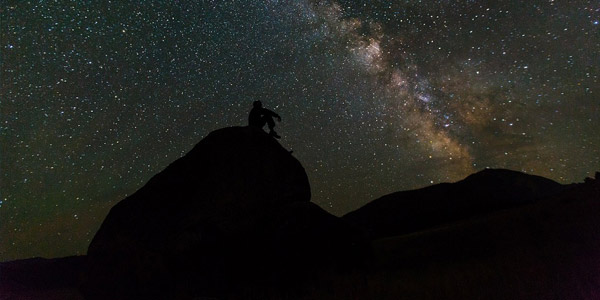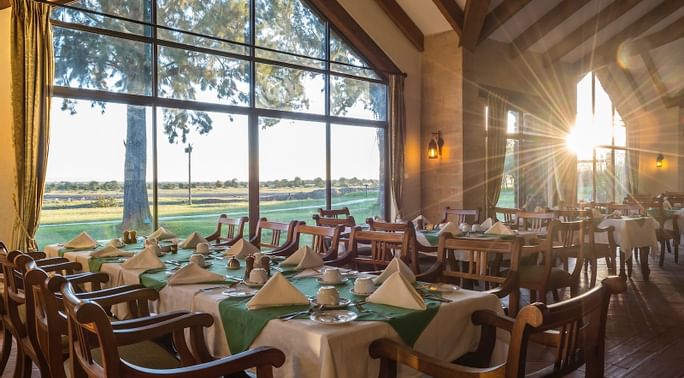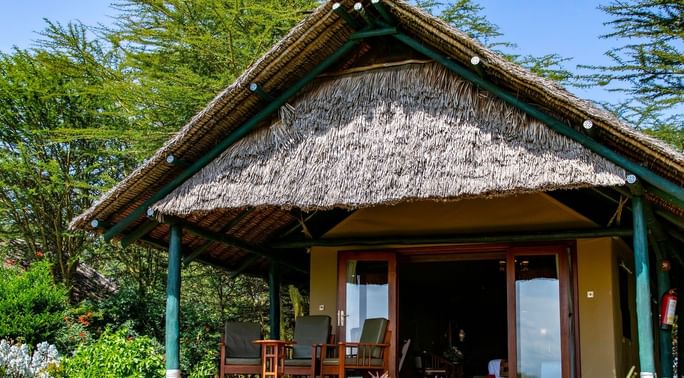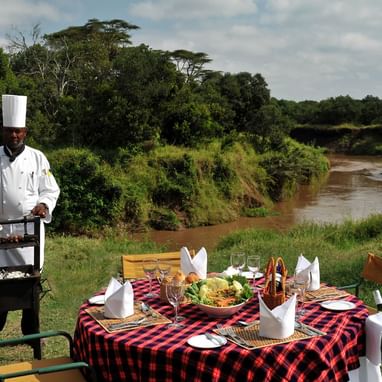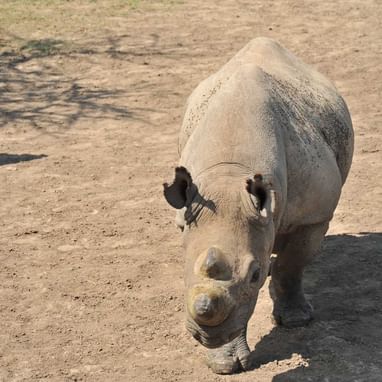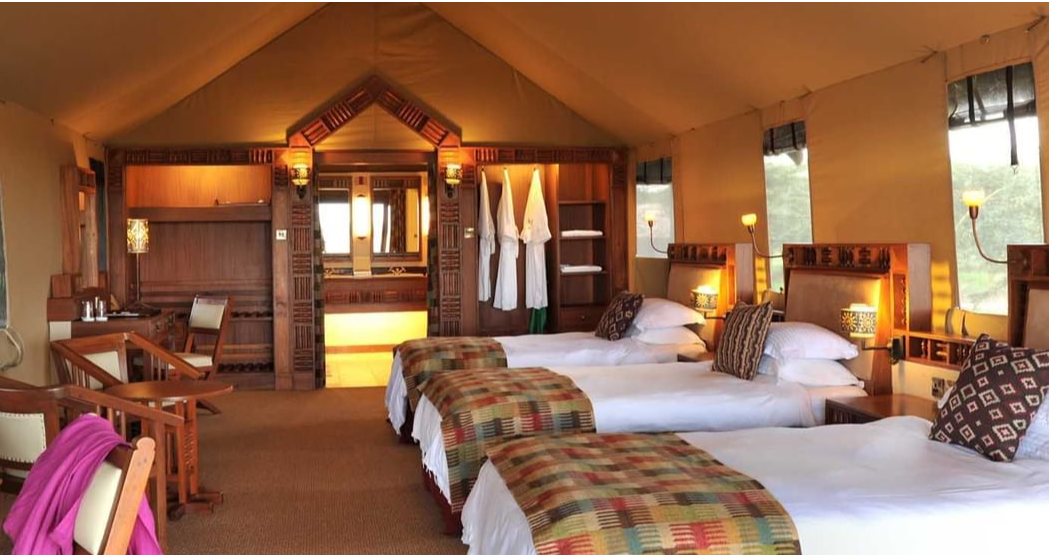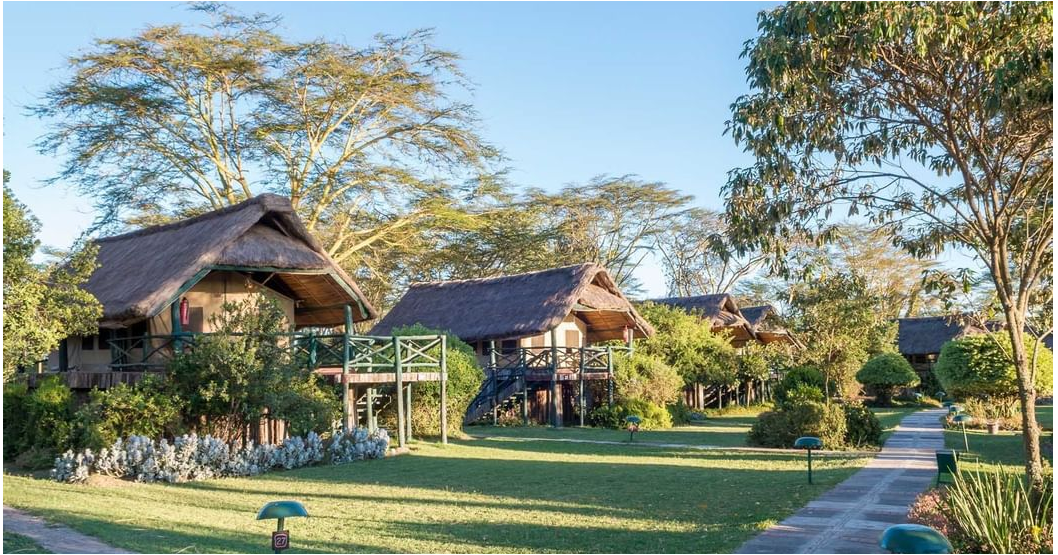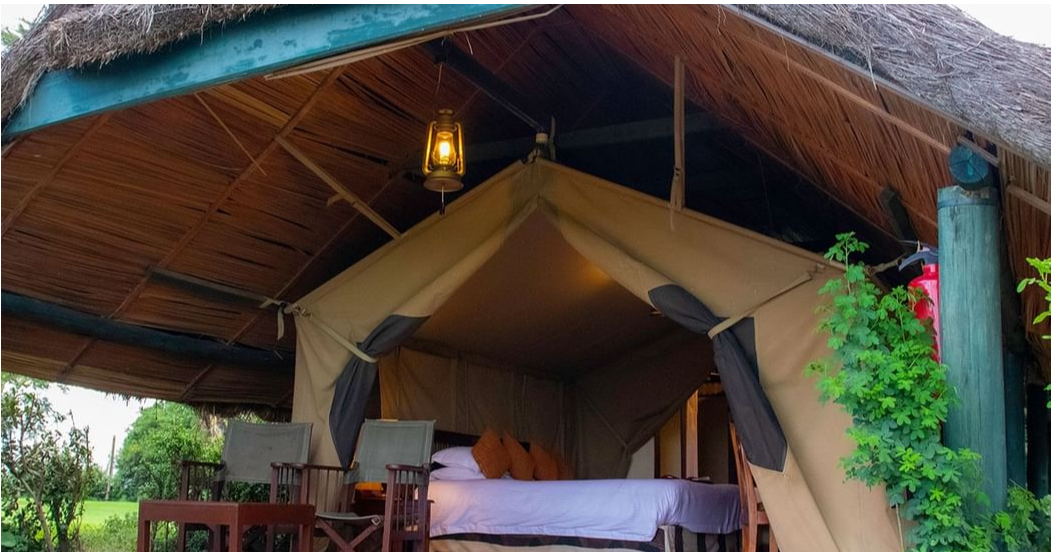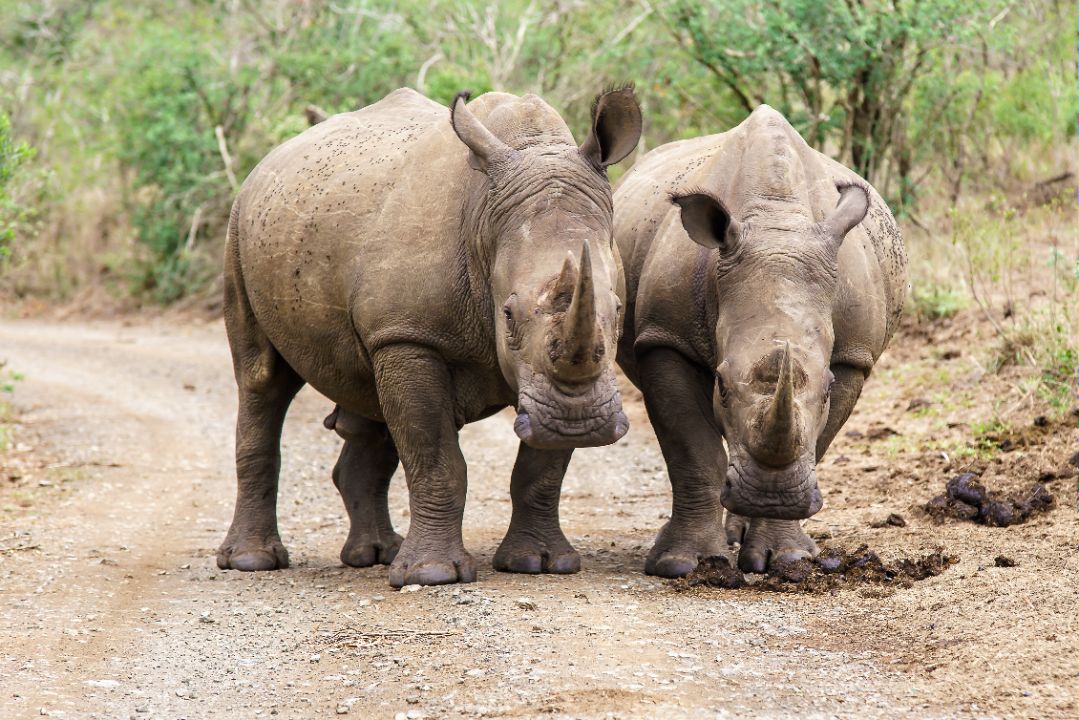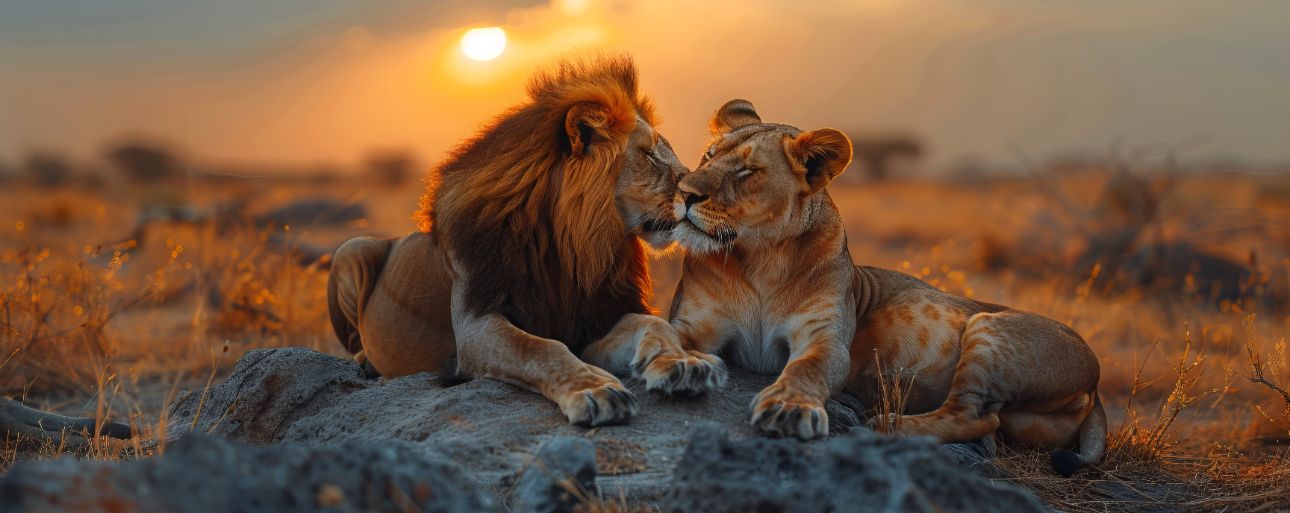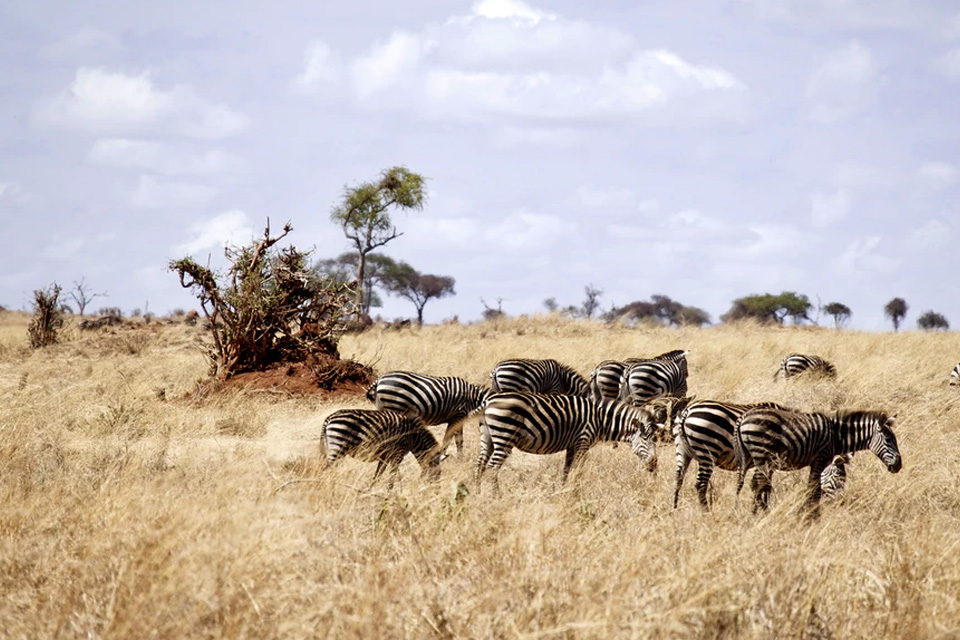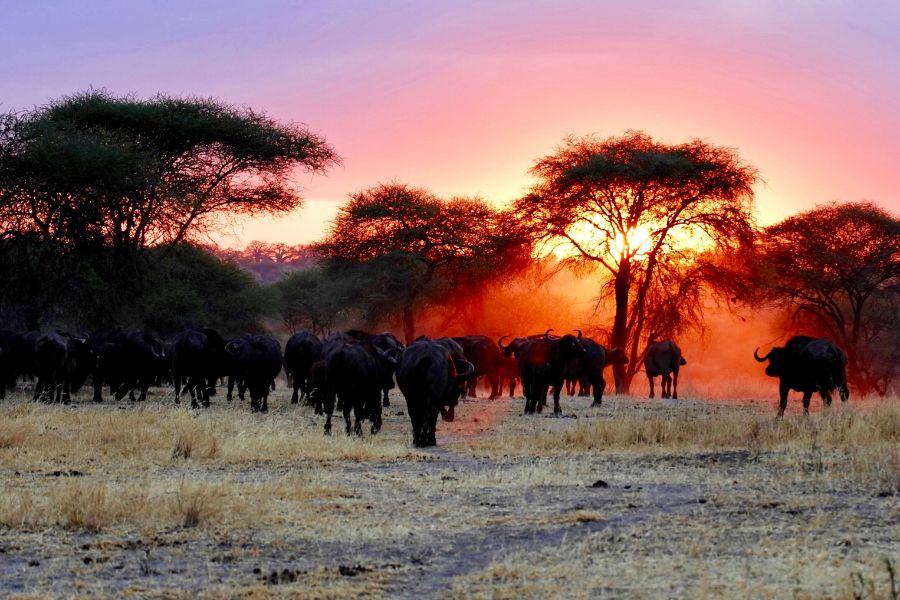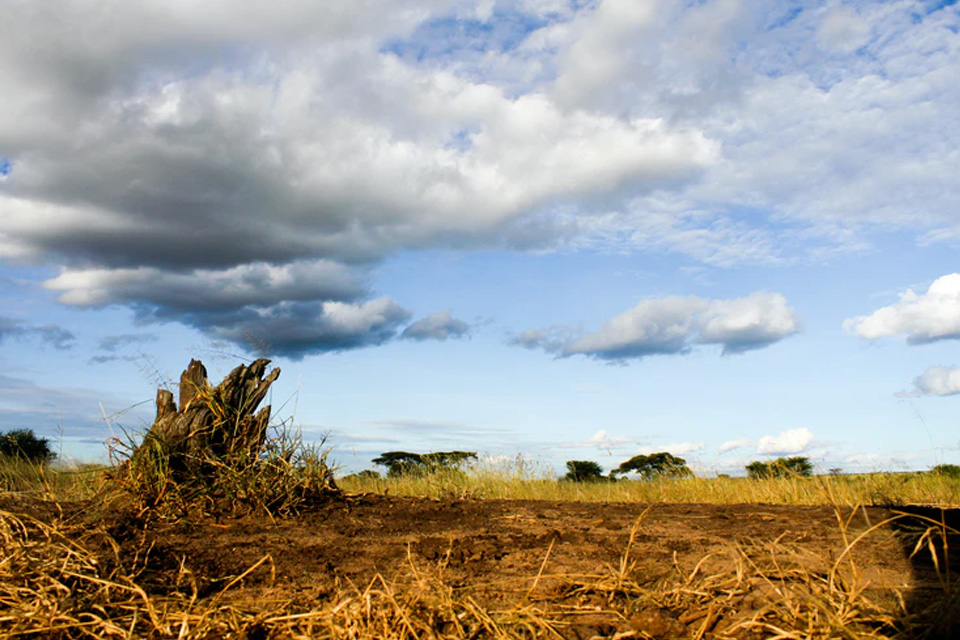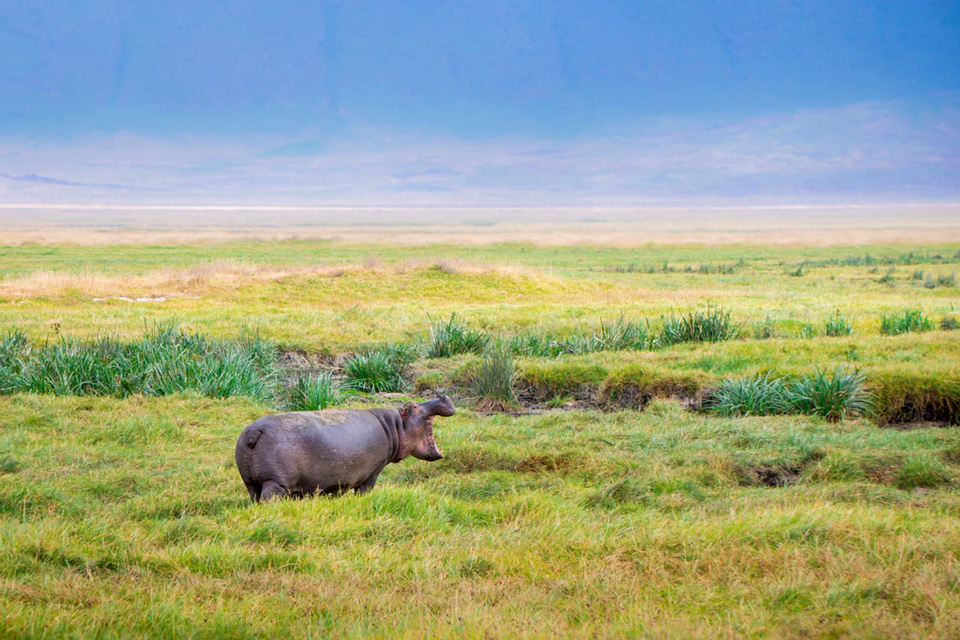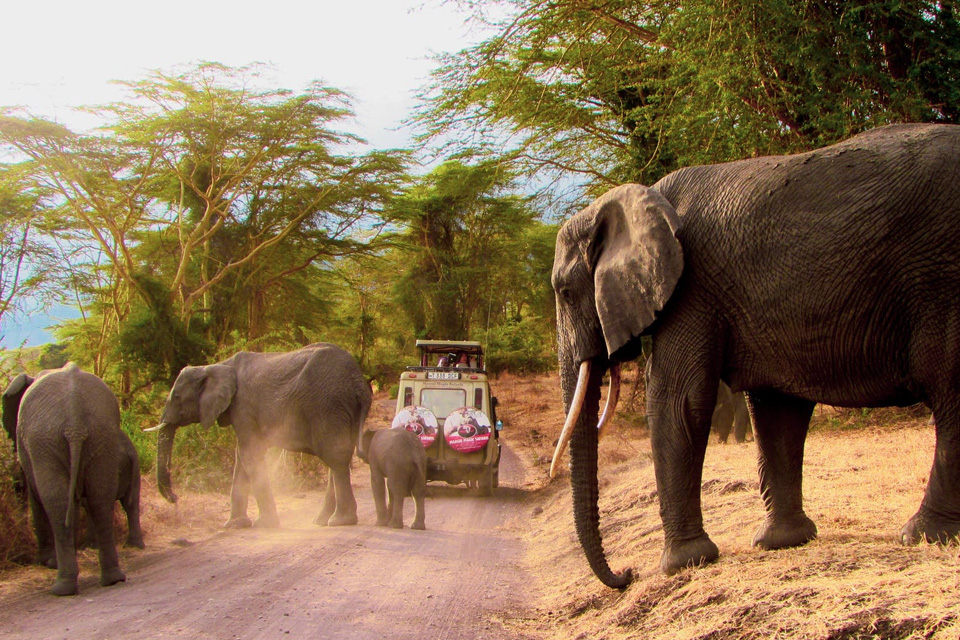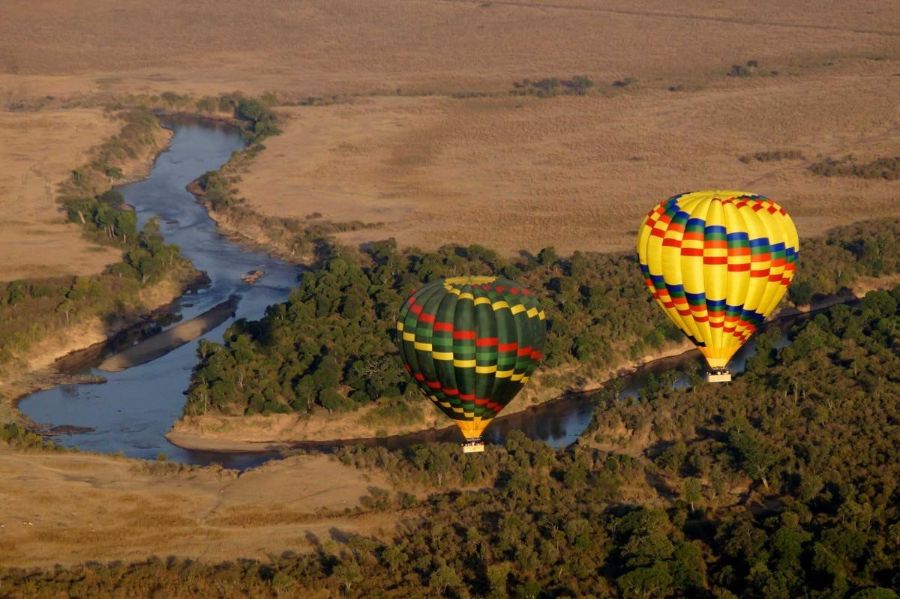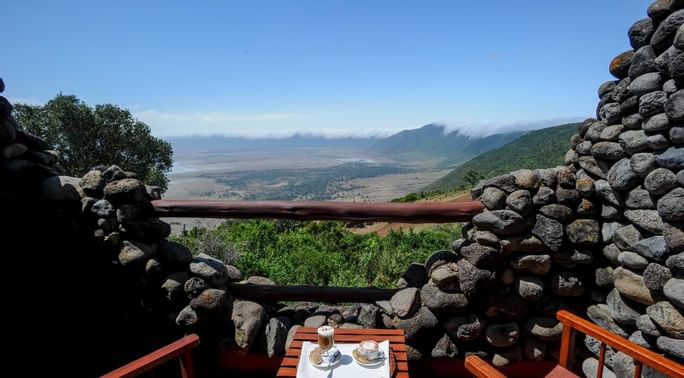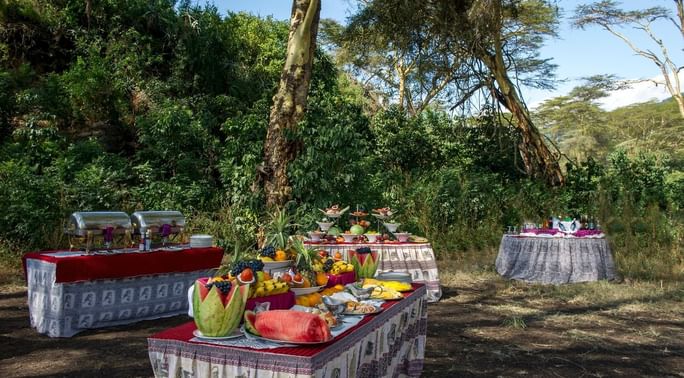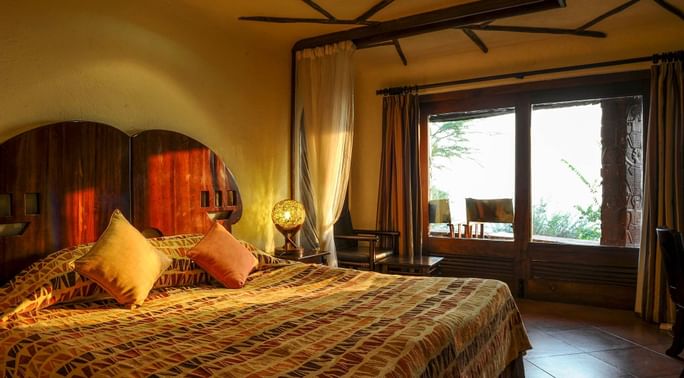1. Be Prepared To Capture The Moment
The lack of natural light makes it tricky to take photos on a night safari, but there are some things you can do to capture the magical moments you see under the stars. Flash photography may not be allowed because it can disturb nocturnal animals, but many cameras come with built in ‘night’ settings. A torch can also help illuminate the moment you want to capture. If you’re using a DSLR camera, setting the f-stop to the lowest number will allow the most light to get in. Long shutter speeds also allow for more light, but the camera must be still to ensure the photo isn’t blurry. Bump up the ISO to get the most light, and play around with the settings at nighttime before you leave for your trip to find the one you like the best.
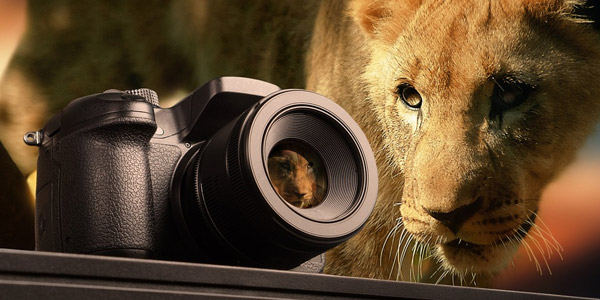
2) Dress Comfortably
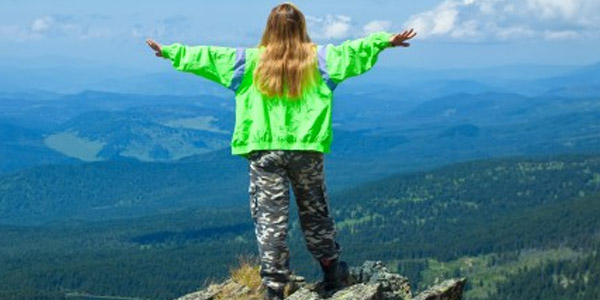
3) What Will You See?
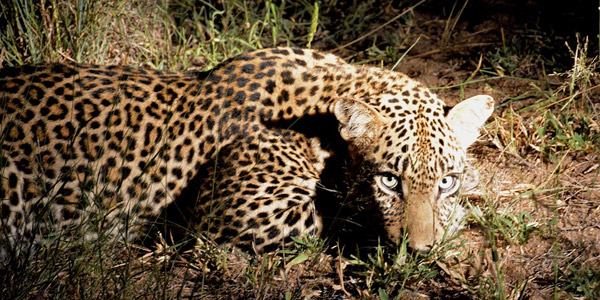
4) Respect The Environment

5) Manage Your Expectations
